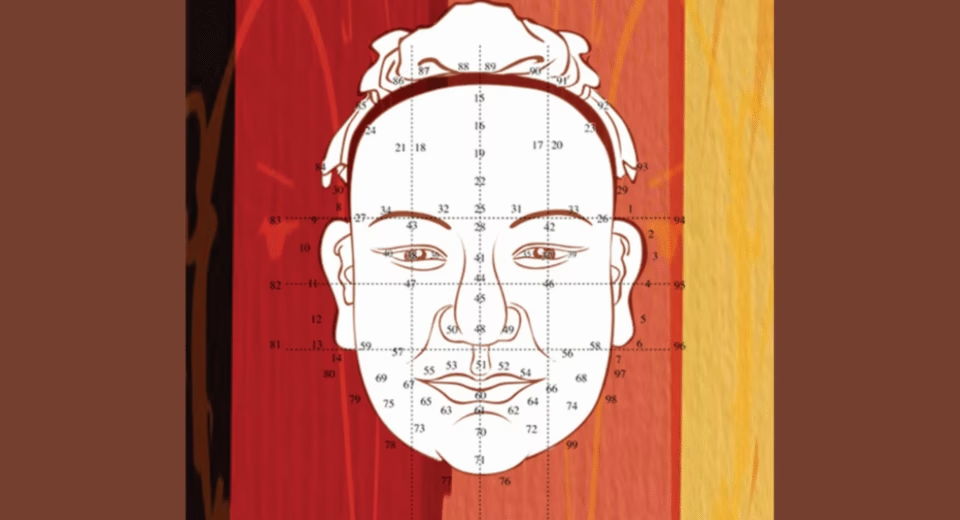Yang explained that lively and upbeat music corresponds to the heart and the small intestine, which helps nourish the mind. It improves learning and work efficiency. Patients prone to fatigue and depression also respond well to joyful music. Stable and ambient music in C major corresponds to the spleen and stomach, promoting qi movement stability. In addition to strengthening the digestive system, C-major music can calm overthinking. On another note, any piece in D major corresponds to the human lungs and the large intestine. It has a therapeutic effect on anyone who often has colds, coughs, and seasonal allergies, and it can also help people prone to sadness relieve emotions and boost their mood.
Traditional Chinese medicine recognizes meridians as channels for human energy, which connects internal organs with acupuncture points on the body’s surface. Since music is composed of sound waves of different frequencies, sound waves also become energy. Different sound waves resonate with various meridian systems of the human body.















